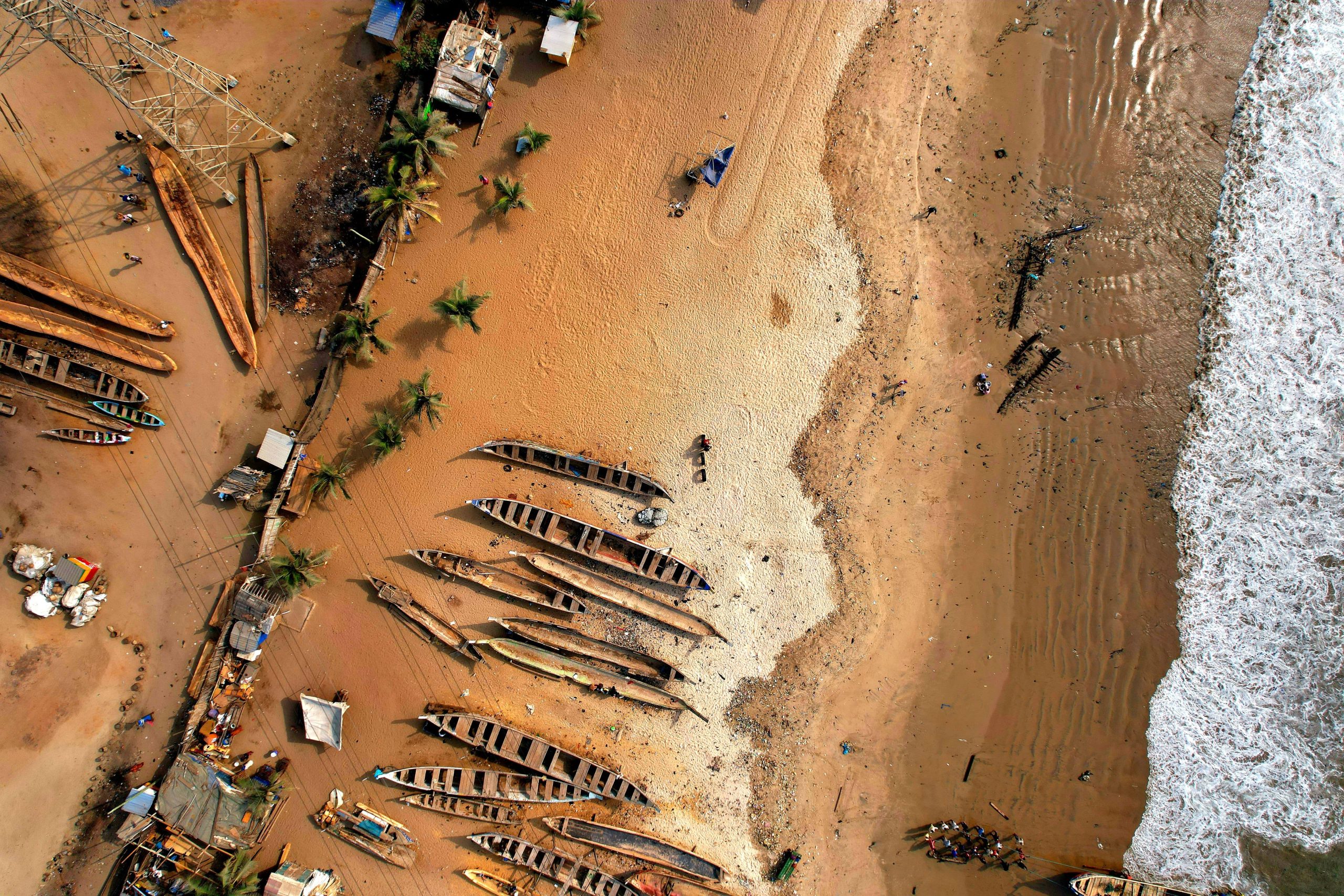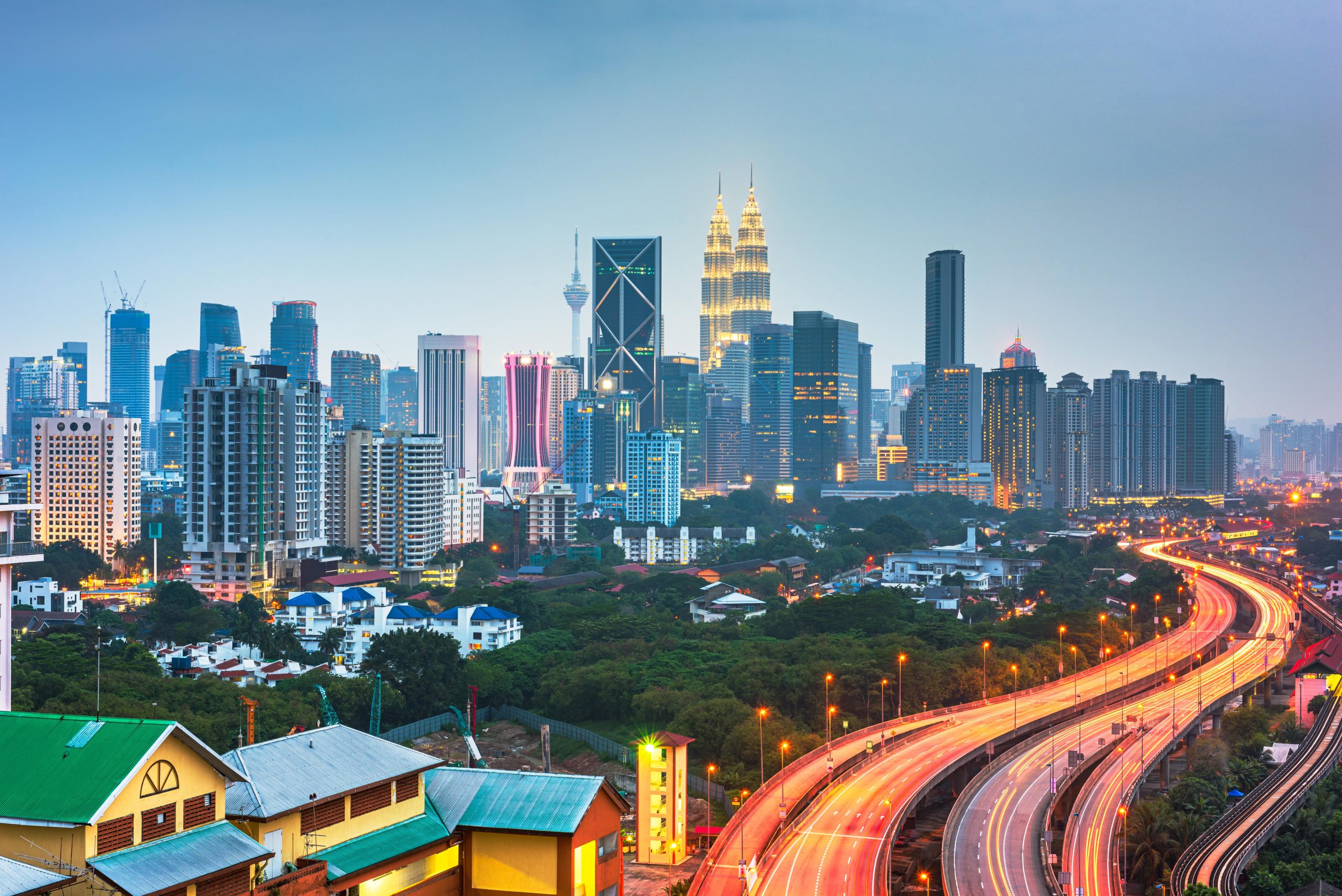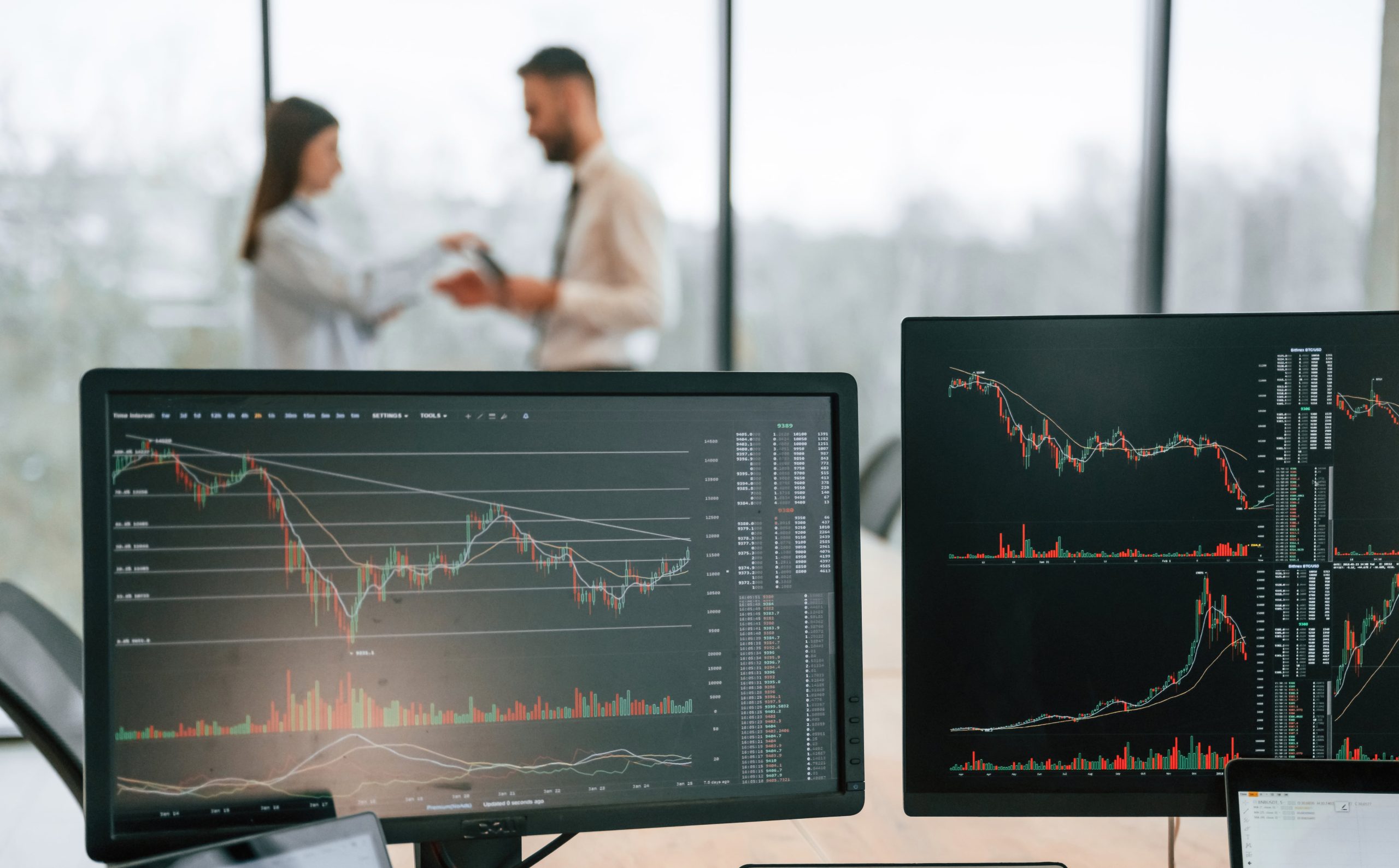The Price of Continuity
Abidjan is not celebrating yet. While the international community watches the ballot boxes, the bond markets have already cast their votes. As of October 25, 2025, the yield on Ivory Coast’s 2032 Eurobonds has tightened to 8.2 percent, a sharp contrast to the double-digit distress seen in neighboring Ghana. This is not a coincidence. It is a calculated bet on Alassane Ouattara’s ability to maintain a technocratic grip on a region increasingly defined by coups and currency collapses. Investors are paying for the absence of chaos. However, this stability is not free. The cost of servicing Ivory Coast’s debt now consumes nearly 30 percent of government revenue, a data point that local activists and opposition leader Tidjane Thiam have turned into a central campaign pillar.
Cocoa Fundamentals and Fiscal Friction
The economy remains a hostage to the bean. Despite efforts to diversify into mining and oil, cocoa still accounts for 40 percent of export earnings. In the 48 hours leading up to this election, cocoa futures on the ICE exchange hovered at 7,850 dollars per metric ton. This represents a cooling from the 2024 peaks but remains high enough to provide a fiscal cushion for the incoming administration. Per the latest Reuters commodity report, the Ivorian government has already forward-sold a significant portion of the 2025/26 crop. This ensures immediate liquidity but limits the upside if supply constraints in the San Pedro region worsen due to late-season rains. The technical mechanism of this hedge is critical. By locking in prices, the Coffee and Cocoa Council (CCC) protects the farmgate price for growers, which acts as a de facto social security program that keeps the rural electorate loyal to the RHDP party.
The Yield Spread Reality Check
Markets hate a vacuum. The premium for Ivorian debt over US Treasuries has narrowed by 45 basis points since September. This reflects a belief that the institutional framework established under the IMF’s 3.5 billion dollar Extended Fund Facility will survive the election cycle. Unlike the generic optimism of 2020, the 2025 market sentiment is grounded in hard infrastructure metrics. The completion of the fourth bridge in Abidjan and the expansion of the Port of San Pedro are not just political trophies. They are logistical necessities for an economy projected to grow at 6.7 percent next year. But the debt-to-GDP ratio now touches 58 percent. This is the ceiling. Any post-election spending spree to reward political allies could trigger a credit rating review from Moody’s, which currently holds the nation at a stable Ba3.
Thiam and the Technocratic Challenge
The opposition is no longer shouting from the streets. They are arguing from the balance sheet. Tidjane Thiam’s transition from Credit Suisse to the PDCI leadership has shifted the political discourse. Instead of ethnic grievances, the debate now centers on capital allocation and the efficiency of public investment. Thiam has correctly identified that the middle class is squeezed by 5.2 percent inflation, a figure confirmed by the IMF’s October country desk update. The government’s response has been a series of subsidies on basic goods, but these are temporary patches. The real struggle after the votes are counted will be the reform of the banking sector. Small and medium enterprises (SMEs) still face interest rates north of 12 percent, stifling the very private sector growth the Ouattara administration claims to champion.
The Geopolitical Pivot
Security is the silent variable. While the Sahel burns to the north, Ivory Coast has successfully insulated its border regions through a mix of military presence and targeted social spending in the northern districts. This “Northern Shield” policy costs money. Defense spending has increased by 15 percent year-over-year. Investors are watching the border with Burkina Faso as closely as they watch the stock exchange in Abidjan (BRVM). A single major security lapse could undo five years of yield compression. However, the Bloomberg Africa Index suggests that for now, the risk premium for Ivorian contagion remains low compared to the volatility seen in the ECOWAS bloc. The market is pricing in a win for the status quo, but the margin of that win matters. A narrow victory would embolden the opposition and potentially lead to a period of legislative gridlock that could stall the 2026 budget approvals.
Looking Toward the 2026 Amortization Wall
The true test of this election’s success will not be found in the inaugural speech. It will be found in the January 2026 debt amortization schedule. Ivory Coast faces a significant repayment milestone in the first quarter of 2026, totaling over 1.2 billion dollars in combined principal and interest. The market will be watching the post-election cabinet reshuffle for signs of fiscal discipline. If the new administration maintains the current pace of revenue mobilization, the 2026 refinancing risk remains manageable. Watch the 10-year yield spread against the French OAT (Obligations assimilables du Trésor) as the primary indicator of investor flight or favor as the new year approaches.



